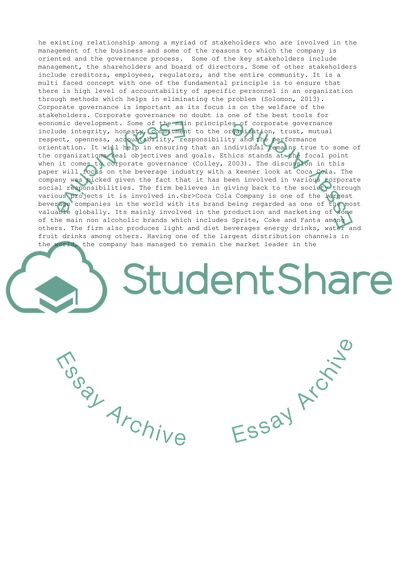Cite this document
(Corporate Governance Assignment Example | Topics and Well Written Essays - 3000 words, n.d.)
Corporate Governance Assignment Example | Topics and Well Written Essays - 3000 words. https://studentshare.org/management/1815330-corporate-governance
Corporate Governance Assignment Example | Topics and Well Written Essays - 3000 words. https://studentshare.org/management/1815330-corporate-governance
(Corporate Governance Assignment Example | Topics and Well Written Essays - 3000 Words)
Corporate Governance Assignment Example | Topics and Well Written Essays - 3000 Words. https://studentshare.org/management/1815330-corporate-governance.
Corporate Governance Assignment Example | Topics and Well Written Essays - 3000 Words. https://studentshare.org/management/1815330-corporate-governance.
“Corporate Governance Assignment Example | Topics and Well Written Essays - 3000 Words”. https://studentshare.org/management/1815330-corporate-governance.


